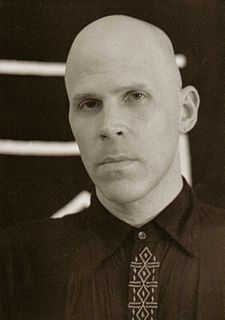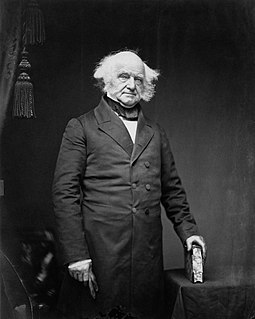A Quote by Murray Rothbard
The contemporary political scientist believes that he can avoid the necessity of moral judgments and that he can help frame public policy without committing himself to any ethical position.
Related Quotes
Many people have written about the economic meaning of globalization; in One World Peter Singer explains its moral meaning. His position is carefully developed, his tone is moderate, but his conclusions are radical and profound. No political theorist or moral philosopher, no public official or political activist, can afford to ignore his arguments.
What we learn from the past is that you cannot make peace against people by interfering and - and just launching a war and trying to change a regime without any political solution. So my role is first to avoid any war and try to - to frame the discussion in order to create peace and have a comprehensive peace process and preserve unintelligible and especially in this Middle East region. That's what I tried to do in Lebanon, for instance, by negotiating both with M.B.S., with the Lebanese government.
The very essence of political philosophy is the carving out of an ethical system - strictly, a subset of ethics dealing with political ethics. Ethics is the one rational discipline that demands the establishment of a rational set of value judgments; political ethics is that subset applying to matters of State.
Sometimes I, as a public official, turn to Scripture or hymns - especially hymns, because sometimes we Catholics don't have the Scriptures memorized like we should - to help me explain a public policy position or an idea or to be able to articulate it better when you're talking about justice or mercy or compassion.


































